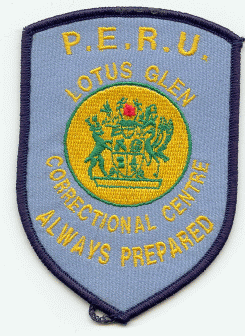Corrections officers play a critical role in maintaining the security and order of correctional facilities, as well as ensuring the well-being of inmates. To excel in this profession, corrections officers should possess a specific set of essential skills and qualities. Here are the key skills every corrections officer should possess:
1. Communication Skills:
- Effective communication is vital in a correctional environment. Officers must be able to convey information clearly and professionally to both inmates and colleagues. This includes de-escalating conflicts, conducting interviews, and providing instructions.

2. Conflict Resolution:
- Corrections officers frequently encounter tense and potentially volatile situations. The ability to de-escalate conflicts and maintain control in stressful situations is essential for maintaining safety and order.
3. Physical Fitness and Stamina:
- The role of a corrections officer is physically demanding, often involving long hours, patrolling, and responding to emergencies. Physical fitness and stamina are crucial for the demands of the job.
4. Observation Skills:
- Being observant is essential for identifying unusual behavior, contraband, or security breaches. Officers should have keen observational skills to detect any signs of trouble.
5. Cultural Sensitivity and Diversity Awareness:
- Correctional facilities often house a diverse population. Officers must be culturally sensitive and aware of the unique needs and concerns of different inmate groups to ensure fair and respectful treatment.
6. Crisis Management:
- Corrections officers must be trained to handle various crises, including medical emergencies, riots, and inmate disturbances. Having the ability to remain composed under pressure is crucial.
7. Legal and Procedural Knowledge:
- A strong understanding of relevant laws, policies, and procedures is essential. Officers should be well-versed in their jurisdiction’s laws and the rules and regulations governing their facility.
8. Integrity and Ethics:
- Maintaining high ethical standards and integrity is vital in this profession. Officers should uphold the law and avoid engaging in any activities that compromise their integrity or the security of the facility.
9. Teamwork:
- Correctional facilities require effective teamwork to ensure the safety and security of the environment. Officers must collaborate and communicate with colleagues to respond to incidents and maintain order.
10. Emotional Resilience:
The corrections environment can be emotionally taxing. Officers may encounter distressing situations and must develop emotional resilience to cope with stress and trauma effectively.
Continuous training and professional development are also vital for corrections officers to stay current with evolving practices and policies in the field. Additionally, maintaining a strong support system, including peers and supervisors, can help officers cope with the demands and challenges of their profession.












